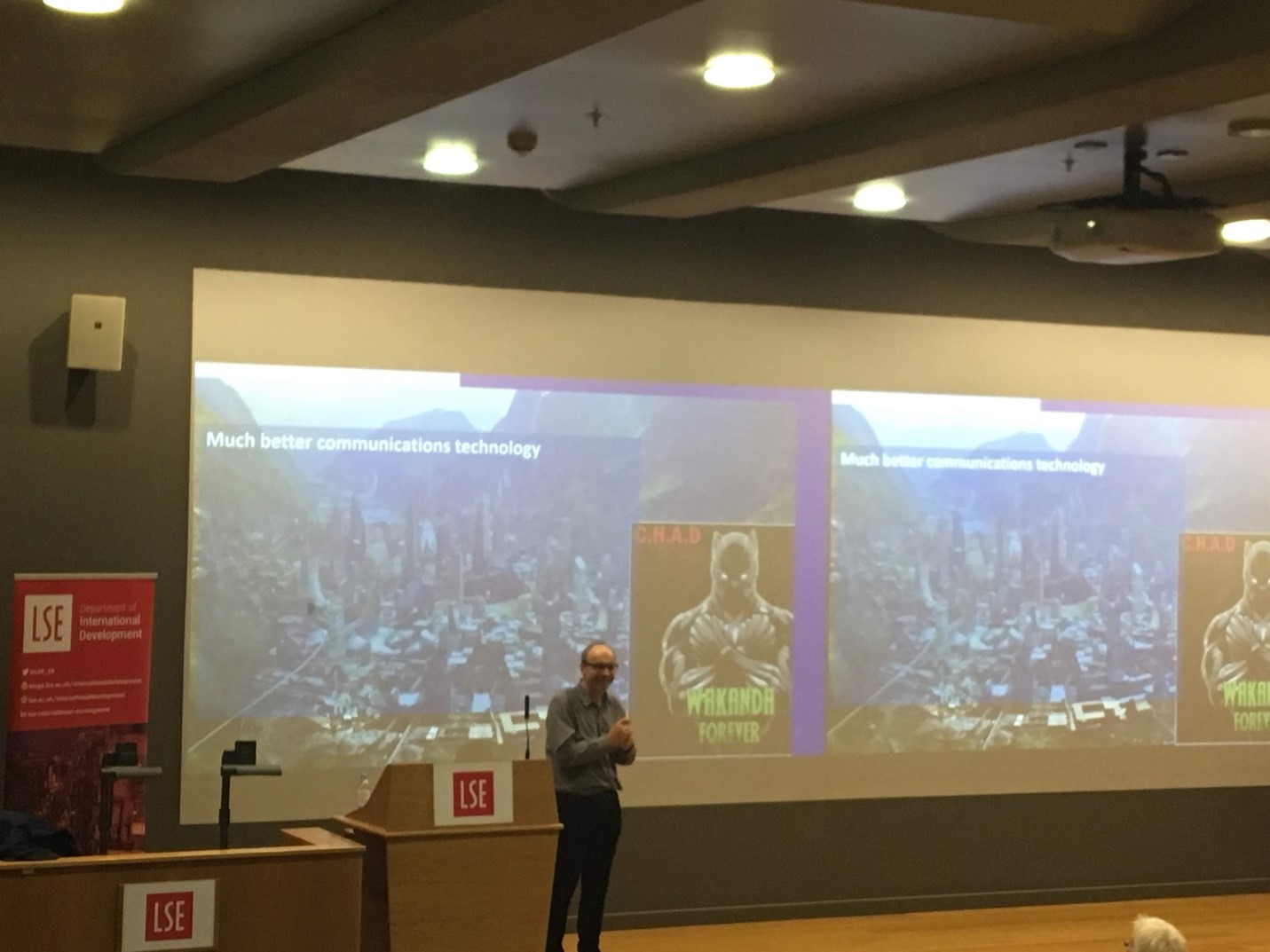With the start of the new term, the Department of International Development is back with its Cutting Edge Issues in Development Thinking and Practice lecture series. This visiting lecture series provides students and guests with invaluable insights into the world of international development.
After a successful programme last term, we have another exciting line-up of guest speakers for our Cutting Edge Issues in Development Thinking and Practice lectures this term. No matter what your interests are, there will be something for everyone: From a lecture on the purpose of business (Erinch Sahan), to a discussion with the new director of Oxfam (Danny Sriskandarajah), to a talk about faith and international development (James Walters), and much more.
The lecture series will run through all of Lent Term on Fridays, starting on Friday 18 January until 22 March (except 22 February). The lectures will be held from 4-6pm in the Sheikh Zayed Theatre in the New Academic Building at LSE.
The lectures are open to external guests upon prior registration via this form.
We look forward to seeing you there!
View the full LT schedule here.
The views expressed in this post are those of the author and in no way reflect those of the International Development LSE blog or the London School of Economics and Political Science.







1 Comments